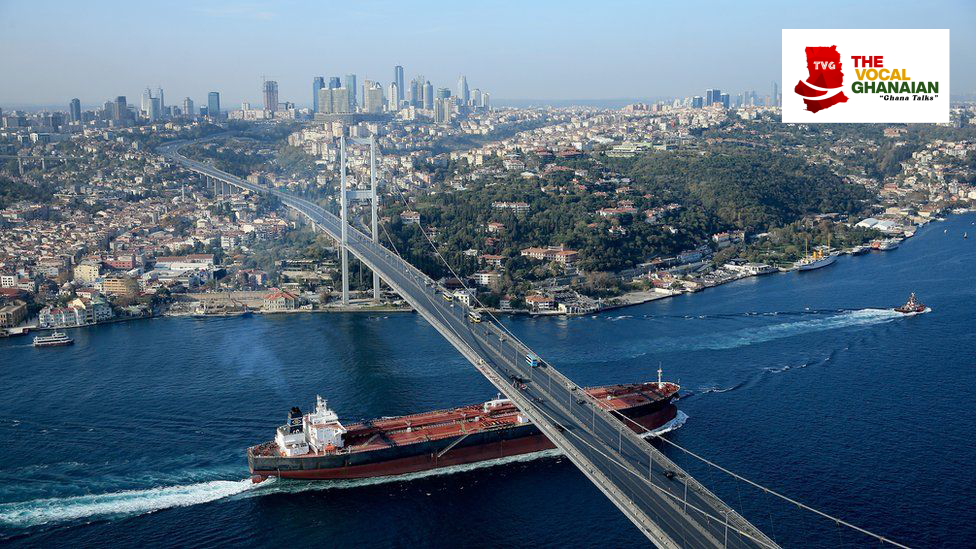Turkey, a country that bridges Europe and Asia, is increasingly being seen as Europe’s China. While Turkey has long been a member of NATO and an official candidate for membership in the European Union, it is increasingly adopting economic and political policies that align with those of China.
One of the main reasons why Turkey is being compared to China is because of its rapidly growing economy. Turkey’s GDP has grown at an average annual rate of 5.2% over the past decade, making it one of the fastest-growing economies in Europe. This economic growth has been driven by a combination of factors, including a rapidly growing population, a favourable business environment, and large investments in infrastructure.
Before we dive in further, kindly note that this article is a summary of observations and not a complete analysis of the complexity of the Turkish situation, and the comparison between Turkey and China should be taken with caution as the countries have different historical, political and cultural backgrounds.
Investment in Infrastructure
Like China, Turkey has also been investing heavily in infrastructure projects, including highways, high-speed rail, and airports. These projects have helped to connect the country and spur economic growth, but they have also come at a high cost, with Turkey’s debt rising to levels that are unsustainable in the long term.
Another area where Turkey is following in China’s footsteps is in its approach to foreign policy. Turkey has been increasingly assertive in its foreign policy, taking a more active role in regional affairs and seeking to expand its influence abroad. This has included military interventions in Syria and Libya, and a growing presence in the Eastern Mediterranean.
Turkey has also been expanding its global economic presence, both through direct investments in foreign countries and by becoming a major player in global trade. This includes significant trade with countries in the Middle East, Africa and Asia.
A Look at Turkey’s Democracy
Like China, Turkey’s approach to human rights and democracy has also come under scrutiny. Turkey has been criticized for its restrictions on press freedom and civil liberties, as well as its handling of political opponents and ethnic minorities. Turkey’s government has defended its actions as necessary for maintaining stability and protecting national security.
In conclusion, Turkey’s rapid economic growth, assertive foreign policy, and increasing global economic presence have led many to compare it to China. While there are similarities between the two countries, Turkey is also unique in its position as a bridge between Europe and Asia, and it will likely continue to chart its own course in the years to come.


Its fantastic as your other posts : D, regards for putting up.
You really make it seem really easy together with your presentation but I in finding this matter to be really something which I feel I would never understand. It kind of feels too complicated and very large for me. I’m having a look ahead on your subsequent post, I?¦ll try to get the hang of it!
Wow! Thank you! I constantly wanted to write on my blog something like that. Can I take a part of your post to my site?